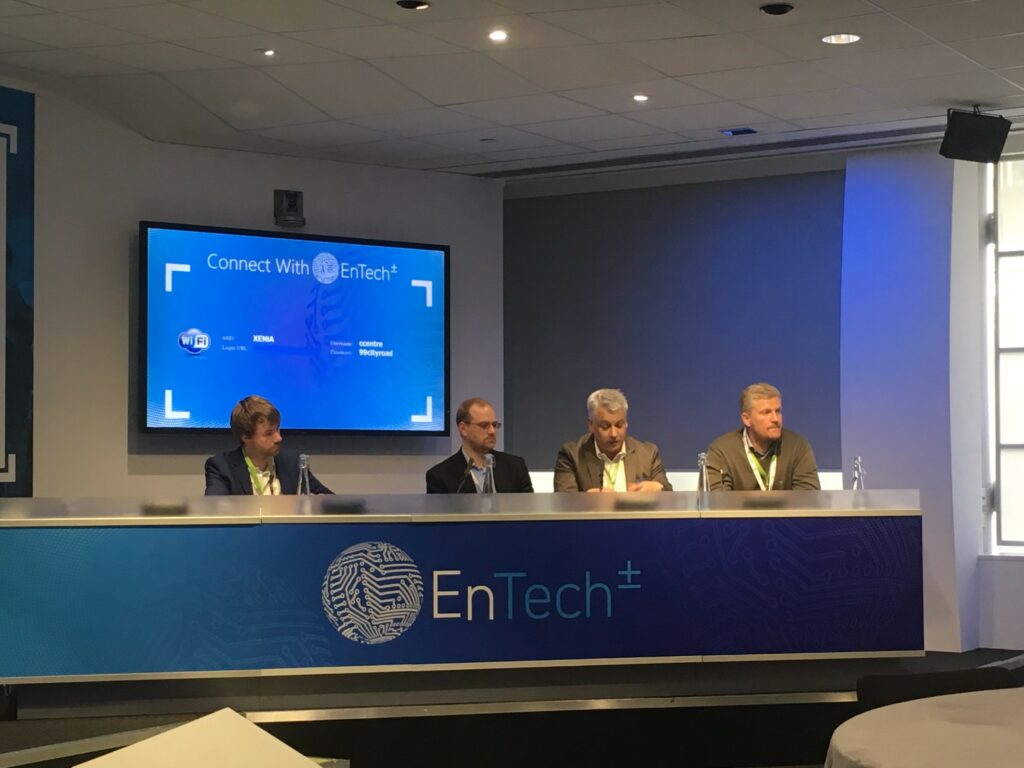Consumers simply aren’t aware of the value of their inherent energy flexibility, and more needs to be done to bring them up to speed and help them realise their potential.
That was a principal conclusion from the ‘Using Electricity Intelligently’ panel on the second day of the inaugural EnTech, which quickly focused on the issue of flexibility, how to create more, and whether the focus should be on flexibility or reinforcement.
A key element for developing flexibility is changing regulations to ease DSR’s role in the market according to the panel.
“I think that certainly one of those things is removing those barriers that really prevent some of the value streams,” said Pierre Mullins, software development executive for Siemens Digital Grid.
“Because… one of the key things to enabling DSR in the space is trying to do as much value stacking as possible and extract the maximum value.”
An issue also highlighted was that a lot of flexibility is going to waste, simply because consumers, both large and domestic, do not know what they “sit on.”
“One of the things that we’ve noticed is the consumers on our network, we’ve tried to approach our existing stakeholder population,” explained Keith Evans, DSO transition and smart grid engineering manager at Electricity Northwest.
“And we’ve noticed that really, they don’t recognise the value of the flexibility they actually have under their control at the moment. A lot of them sit on big connections, which actually are inflexible at the moment, but… could offer some great services in the future. But they don’t really see that as a as a financial stream at the moment.”
Other problems in developing flexibility have arisen when trying to reinforce the network by issuing tenders even years in advance, according to Evans.
“I think the areas that we’ve tried to get to get services within tend to be the areas that aren’t that sexy. The kind of the more rural environments that actually have very limited customer numbers. The requirements that we’re going out for are quite small, and the most recent tender that we’re just publishing now is looking for services [of] about 100kW, with the lowest being 50kW, it’s not big numbers. So that’s not bringing in the investment that we think is required.”
The talk moved on to technology, with virtual power plants seemingly on everyone’s radar but with little action taken. Similarly, using smart heating systems to help provide flexibility, particularly in these “unsexy” areas was discussed, but while the panel agreed there was huge potential there, little action had been taken.
Overall the panel seemed to agree, that flexibility will increasingly be needed to meet the demands of a more distributed power network in the UK. But focus remains on reinforcing the network just as much on building flexibility, with DNOs saying “It’s normally a case of protection over flexibility”.





